Industry Applications
Empowering Industrial Intelligence through Smart Monitoring
Search the whole station
Empowering Industrial Intelligence through Smart Monitoring
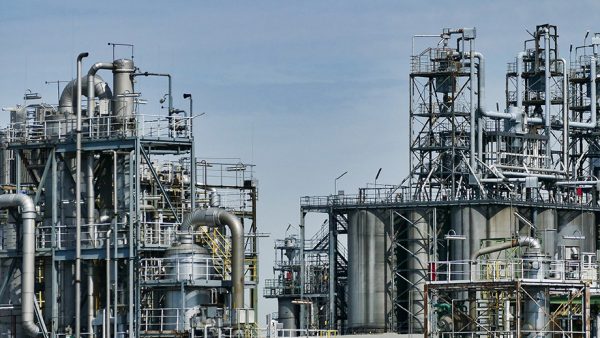
In the oil, gas, and chemical sectors, equipment condition monitoring is critical for ensuring safe production and long-term operational reliability. Theta provides comprehensive health monitoring solutions for both static equipment (e.g., pressure vessels and storage tanks) and rotating equipment (e.g., pumps, compressors, and fans). With our advanced sensing technologies, we enable real-time monitoring of key parameters including corrosion, vibration, temperature, and pressure—supporting fault diagnosis, preventive maintenance, and lifecycle extension of assets.
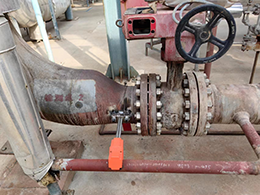
In this industry, static equipment often operates under high-pressure, high-temperature, and corrosive environments. Any structural damage or failure may result in safety hazards or production downtime, making real-time corrosion monitoring essential.
Theta offers a wireless ultrasonic corrosion monitoring solution. Non-invasive sensors mounted on pipe or tank surfaces measure wall thickness directly and track corrosion progression accurately and efficiently. To accommodate various environmental needs, we provide three models covering different temperature ranges:
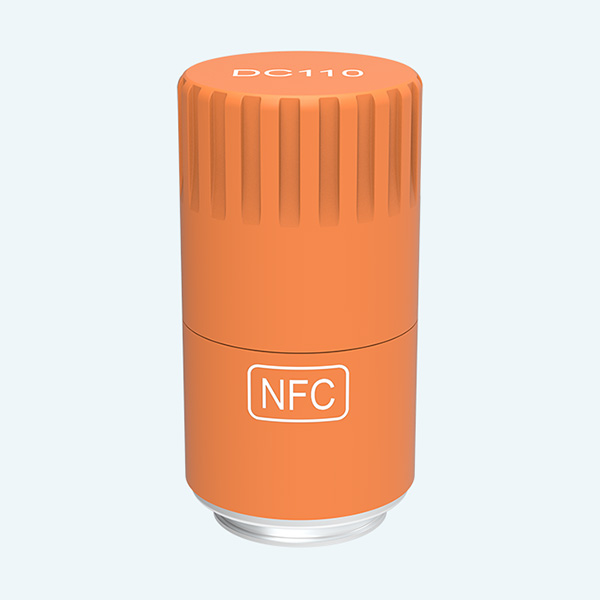
Suitable for corrosion monitoring of short to medium-range pipes and tanks under normal temperature conditions.
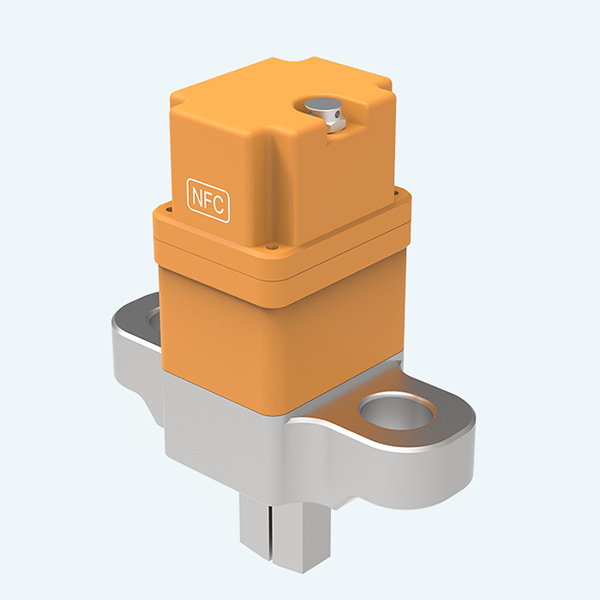
Suitable for corrosion monitoring of short to medium-range pipes and tanks under high or low temperature conditions.
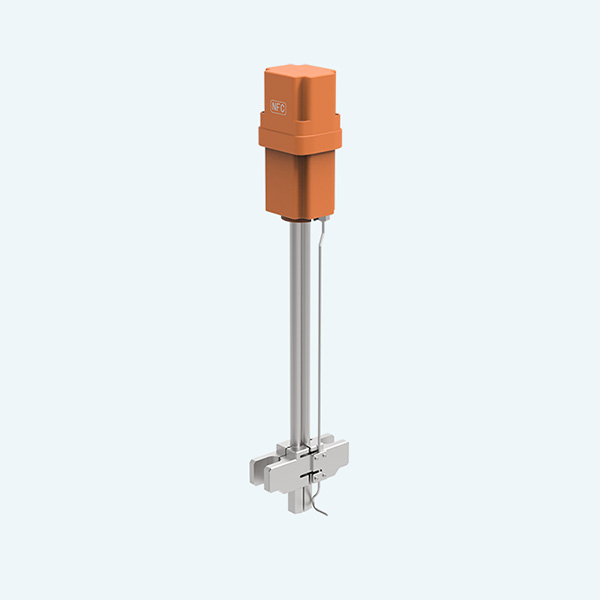
Suitable for corrosion monitoring of short to medium-range pipes and tanks under extreme temperature conditions.
All models support multiple wireless protocols, including Bluetooth 5.0, LoRa, and 4G Cat.1, ensuring adaptability to diverse deployment scenarios. The solution includes corrosion monitoring software that visualizes real-time data and helps users optimize maintenance strategies and improve asset integrity.
Dynamic equipment such as pumps, compressors, and fans frequently operate under high vibration conditions. If abnormal vibration goes undetected, it can lead to equipment failure, production stoppage, and significant financial losses.
Theta provides high-performance vibration and temperature sensors integrated with triaxial accelerometers. These sensors offer ultra-low power consumption, low noise, and high precision, ensuring long-term stability even in harsh industrial environments.
Beyond waveform acquisition, our sensors perform edge computing to extract 24-dimensional vibration features that help assess machine health. The data is wirelessly transmitted to a cloud-based monitoring platform for remote diagnostics and real-time equipment status tracking.
Our diagnostic system further analyzes waveform data to detect common faults in rotating machinery, such as:
This real-time and remote diagnostic capability reduces unplanned downtime, lowers maintenance costs, and enhances production continuity.
Pressure is a critical safety factor in the oil, gas, and chemical industries. Theta’s pressure sensors provide real-time monitoring of key system points, helping detect early signs of issues such as leakage, clogging, or component wear. Abnormal pressure fluctuations are often precursors to failure. Real-time data helps maintenance teams make informed decisions and maintain operational safety.

Industrial systems in this sector often experience extreme temperatures. Monitoring surface and internal temperatures is vital to avoid overheating or thermal overload. Theta’s temperature sensors provide accurate thermal tracking and trend analysis. The system warns of overheating risks, helping prevent thermal damage and unexpected shutdowns.
Theta’s monitoring platform integrates corrosion, vibration, pressure, and temperature data into a unified dashboard. It supports real-time alerts, historical trend analysis, and intelligent fault prediction. By enabling predictive maintenance, users can identify potential failures early, reduce emergency repairs, and significantly minimize downtime.
Real-time data and intelligent analytics allow enterprises to manage production risk, extend equipment life, and optimize overall operational performance—delivering both safety and economic benefits.
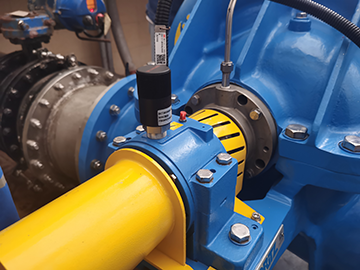
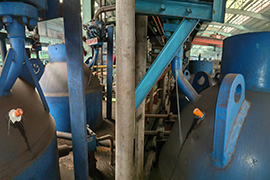
Submission